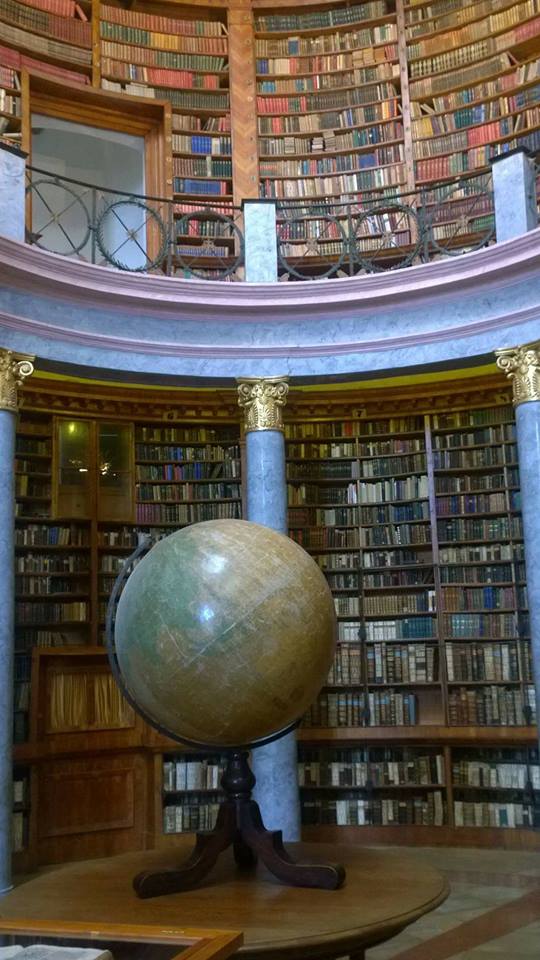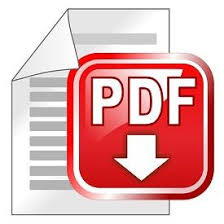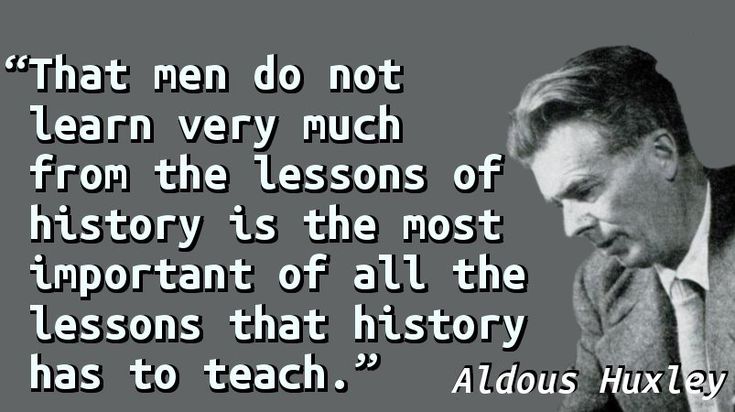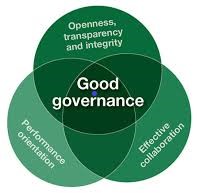Location:
PMKI > Project
Management History > Evolution of Governance
& Ethics.


- The Evolution of Ethics and
Integrity
- The Origins and Development of
Governance
Other related sections of the PMKI:
- Modern corporate
governance
- Modern ethics and culture
- Personal ethics.

Blg: The Evolution of Ethics. A brief outline of the evolution of ethical thinking.
Most professions and professional organizations today have a 'code of ethics'. One of the earliest codes in the sphere of project management was developed by PMI. In 1981, the PMI Board of Directors formed an Ethics, Standards and Accreditation Group; its report was published as a supplement to the August 1983 Project Management Quarterly, available from https://www.pmi.org/learning/library/establishing-code-ethics-project-managers-1830.
Download the 1983 version of the PMI Code of Ethics.
In 1997, the PMI Board determined the need for a more formal member code of ethics and formed the Ethics Policy Documentation Committee the new Member Code of Ethics was adopted in October 1998.
Download the 1998 version of the PMI Code of Professional Conduct.
In 2003 the PMI Board of Directors called for the reexamination of its codes of ethics and commissioned the Ethics Standards Review Committee [ESRC] to review the codes of ethics and develop a process for revising the codes. The ESRC developed processes that would encourage active participation by the global project management community and updated the 'code'. The revised Code of Ethics and Professional Conduct was approved by the PMI Board of Directors in October 2006.
Download the 2006 (current) version of the PMI Code of Professional Conduct.
For more on the application of ethics see:
- Modern ethics and culture
- Personal ethics.
Aristotle believed that to do the right thing, and
ultimately to be happy, required you to be a person with
the right character – courage, honesty, perseverance, etc;
but that having these virtues wasn’t enough, because, you
need to decide how courageous should you be and when to be
courageous? You need to use your judgment. And the virtue
of good judgment is what Aristotle called practical
wisdom. Practical wisdom is knowing when and how to
display the other virtues and how to choose when two
virtues or requirements conflict.
Blg: Phronesis – A key attribute for project managers. Phronesis is a type of wisdom described by Aristotle in his classic book Nicomachean Ethics focused on working out the right way to do the right thing in a particular circumstance.
Blg: The Origins of Integrity. Integrity is a martial word that comes to us from an ancient Roman army tradition.
Blg: The 19th century Spanish Prisoner Swindle! Every improvement in technology leads to a new way of parting people from their money, and it appears gullible victims can still be found after at least 150 years of swindling. What are the ethical responsibilities of technology innovators to minimize the opportunity for fraud?
Click through to our page focused on personal ethics.
Click through to our page focused on corporate ethics.
 Governance
is the art of steering an organization so that it achieves
its objectives efficiently and ethically. This means
stetting realistic objectives, and then selecting the
right management, ensuring they have the necessary
capabilities, resources and personal ethics to achieve the
objectives. Then seeking assurance that the organizations,
structures, systems, and culture are optimized to achieve
the objectives efficiently, effectively, and ethically.
The term governance first appeared in Middle English and
is derive from the Latin gubernare ‘to steer,
rule’ and from Greek kubernan ‘to steer’.
Governance
is the art of steering an organization so that it achieves
its objectives efficiently and ethically. This means
stetting realistic objectives, and then selecting the
right management, ensuring they have the necessary
capabilities, resources and personal ethics to achieve the
objectives. Then seeking assurance that the organizations,
structures, systems, and culture are optimized to achieve
the objectives efficiently, effectively, and ethically.
The term governance first appeared in Middle English and
is derive from the Latin gubernare ‘to steer,
rule’ and from Greek kubernan ‘to steer’.
See more on modern corporate
governance.
Art: The Origins of Governance. The roots of governance and governing.
Blg: Governance and the Magna Carta. The role of the Magna Carta in defining governance principles.
Blg:
Transport project cost overruns are not new!
The questionable ethics around the funding of some canal
development in England 1760 and 1830 are highlighted.
This post is based on Treatise on Canals and
Reservoirs, by J. A. Sutcliffe, published by
Law and Whittaker, London, 1816. Download the book.
PP: Project Governance & Control, The Building of the Crystal Palace. This article discusses the governance processes used to oversight the construction of the Crystal Palace in 1851 and is subsequent sale and relocation.
Three of our early published papers (now retired) canvass
the overall issue of effective project governance from the
perspective of the early years of the 21st century:
- PP: Effective Project
Governance – A Cultural Sea Change!
- PP: Effective Project
Governance – The Tools for Success
- PP: Effective Project
Governance – Linking PMI’s Standards to Project
Governance
KPMG reports. This series of reports highlight the
importance of effective project, program and portfolio
systems in the creation of value. Directing an
organization to invest in creating these management
systems is a key governance issue:
- Download
KPMG 2002 Survey - Executive Summary
- Download
KPMG 2002 Survey - Report
- Download
KPMG 2003 Survey - Asia Pacific Update
- Download
KPMG 2005 Survey - Summary
- Download
KPMG 2005 Survey - Report